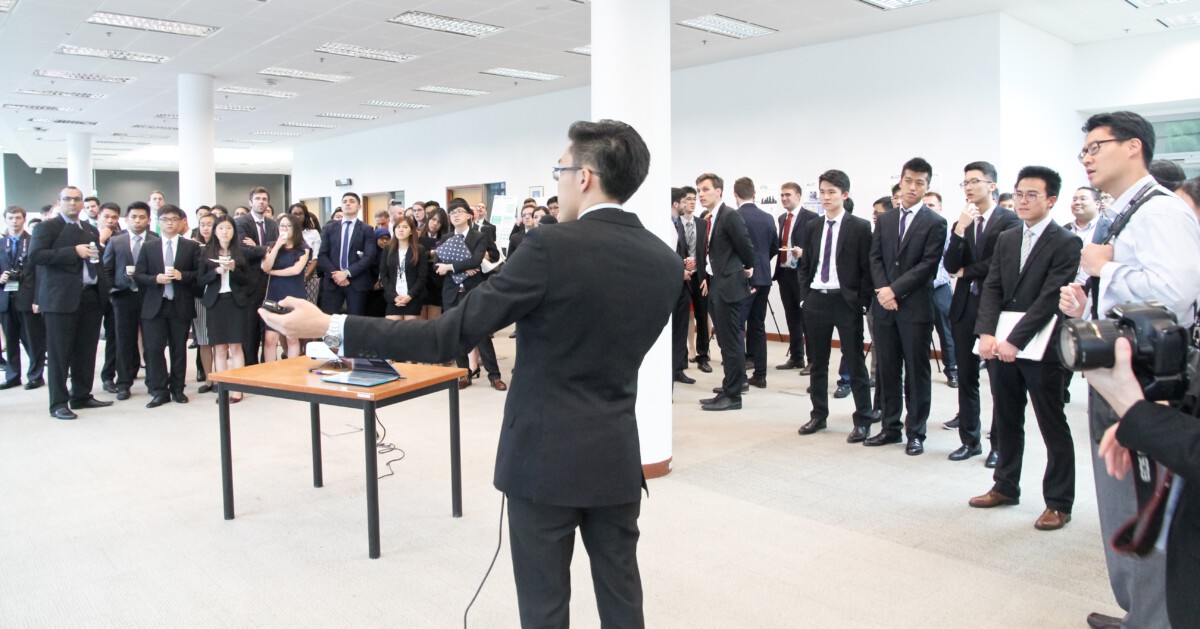The Grand Jury Surprise That Shook Everything (Image Credits: Unsplash)
In the dim glow of a Virginia courtroom, tensions simmer as lawyers hash out the fate of a once-powerful figure now entangled in federal charges.
The Grand Jury Surprise That Shook Everything
Picture this: a federal judge uncovers what looks like a major slip-up in how prosecutors built their case against the former FBI director. It turns out, not every grand juror saw the final version of the indictment, raising big questions about fairness from the get-go.
That revelation hit hard, especially since it came from the Justice Department itself during a hearing. Suddenly, the whole foundation of the charges feels wobbly, like a house built on sand during a storm.
Experts are buzzing about how rare this is. Grand juries are meant to be airtight, and any hint of irregularity can derail proceedings fast.
Prosecutors Backpedal in Dramatic Fashion
Just one day after admitting the grand jury issue, the DOJ flipped the script entirely. They now claim the full panel did review and approve Comey’s indictment, trying to steady the ship before it capsizes.
This reversal didn’t sit well with the judge, who pressed hard for clarity. Lead prosecutors struggled to explain without revealing too much, leaving everyone wondering what’s really going on behind closed doors.
It’s a classic case of too little, too late. Comey’s team is pouncing on this, arguing it shows deeper problems in how the case was handled from the start.
Comey’s Lawyers Go on the Offensive
James Comey isn’t sitting idle while this unfolds. His defense has filed motions to toss the case, calling the prosecution “vindictive and selective” and challenging the appointment of the lead U.S. attorney.
They’ve brought in heavy hitters, including Supreme Court litigators, signaling they’re ready for a long haul if needed. But their main push is to end it now, before trial even begins.
One key argument? The charges stem from political pressure rather than solid evidence. It’s a bold stance that’s forcing the court to confront potential biases head-on.
Judicial Scrutiny Hits a Nerve
U.S. Magistrate Judge William Fitzpatrick didn’t hold back in his ruling. He described “profound investigative missteps” that could have tainted the entire process, ordering the release of confidential grand jury materials to Comey’s side.
This move is unusual and speaks volumes. It gives the defense a peek into what really happened, potentially uncovering more flaws.
The judge’s words carry weight, painting a picture of errors that undermine trust in the system. For Comey, it’s a lifeline; for prosecutors, a nightmare.
What the Missteps Mean for the Bigger Picture
Beyond Comey, this saga highlights tensions in how high-profile cases get pursued under political spotlights. With Trump appointees involved, questions about impartiality linger like a shadow.
Legal watchers point to a pattern: rushed indictments followed by scrutiny that exposes cracks. It’s a reminder that even powerful offices aren’t immune to procedural pitfalls.
If the case crumbles, it could set precedents for future probes, making prosecutors think twice before charging public figures.
| Initial DOJ Claim | Reversal | Impact |
|---|---|---|
| Not all grand jurors saw final indictment | Full panel reviewed and approved | Erodes credibility of charges |
| Evidence presentation errors possible | Deny major issues | Opens door for dismissal motions |
Challenges Piling Up for the Prosecution
Here’s where it gets tricky for the DOJ. Comey’s attorneys have lined up several attacks on the case’s validity.
- Vindictive prosecution: Alleging it’s retaliation for past actions against Trump.
- Selective targeting: Why Comey now, after years of scrutiny?
- Appointment flaws: Questioning the interim U.S. attorney’s role.
- Grand jury irregularities: Fresh evidence from court-ordered disclosures.
- Perjury charge weaknesses: Arguing statements to Congress were truthful.
Each point chips away at the narrative. Prosecutors must counter convincingly, or risk the whole thing unraveling.
Key Takeaways
- The judge’s order for grand jury materials could reveal game-changing details.
- DOJ’s flip-flop has damaged their position in court.
- Comey’s defense is aggressive, aiming for early dismissal.
As this drama plays out, one thing’s clear: the path to trial looks narrower than ever for both sides. The rule of law demands precision, and right now, the prosecution’s missing the mark. What do you make of these twists in Comey’s story? Share your thoughts in the comments.





